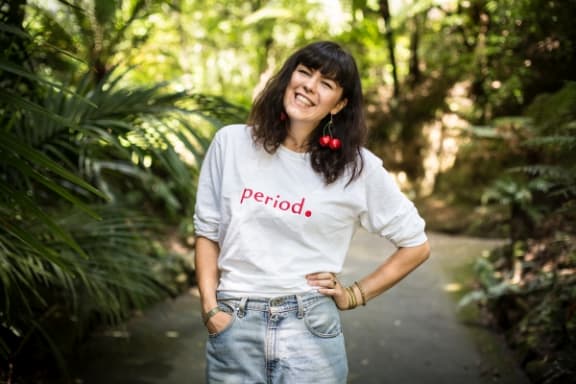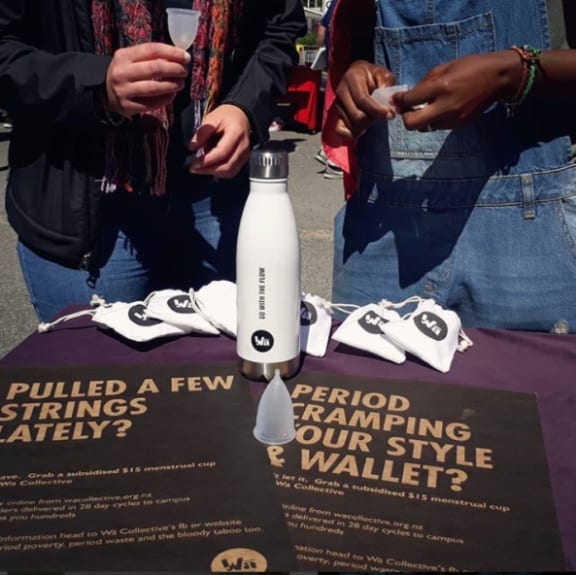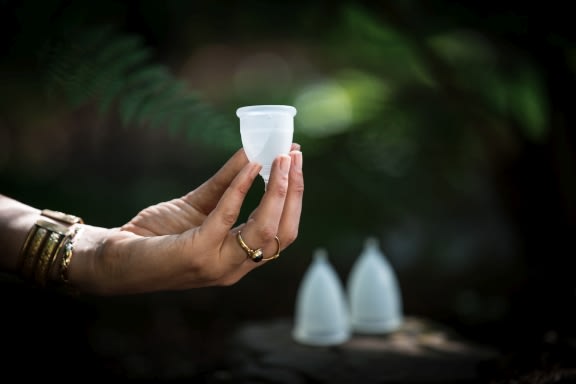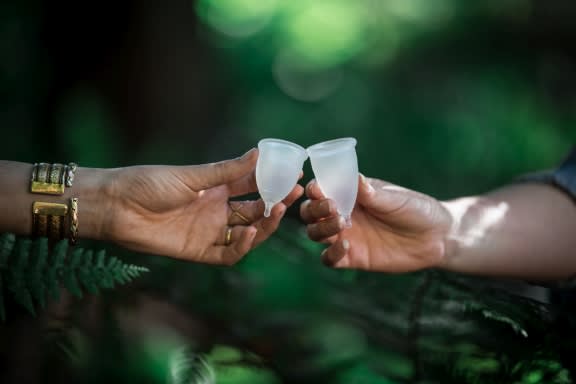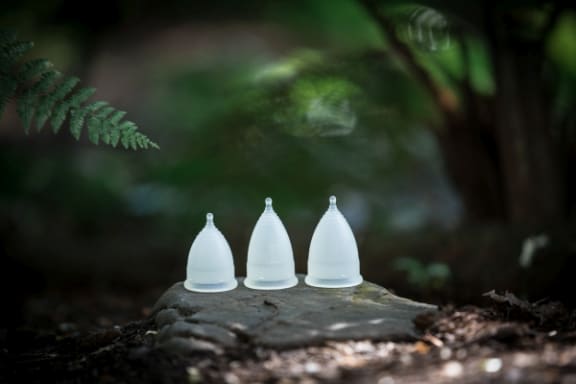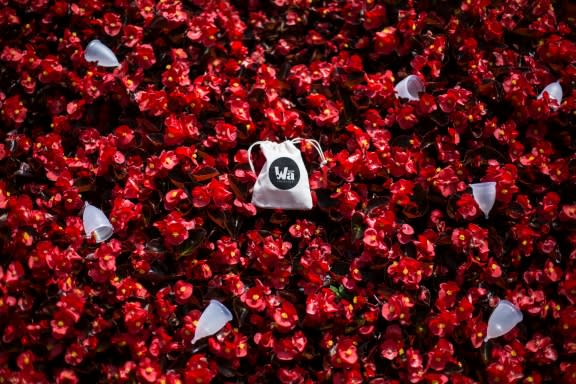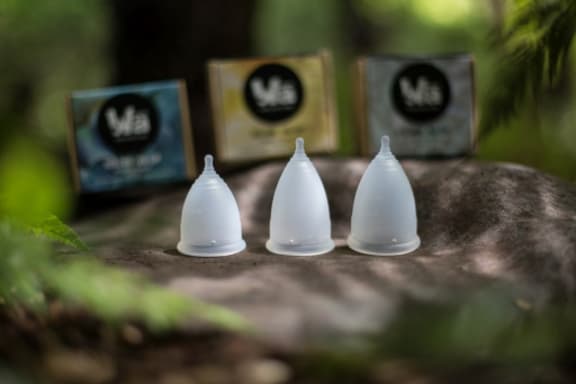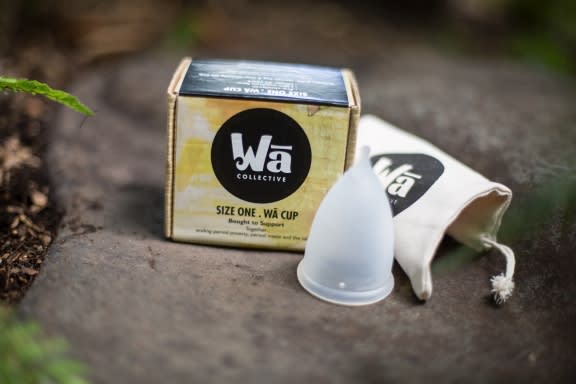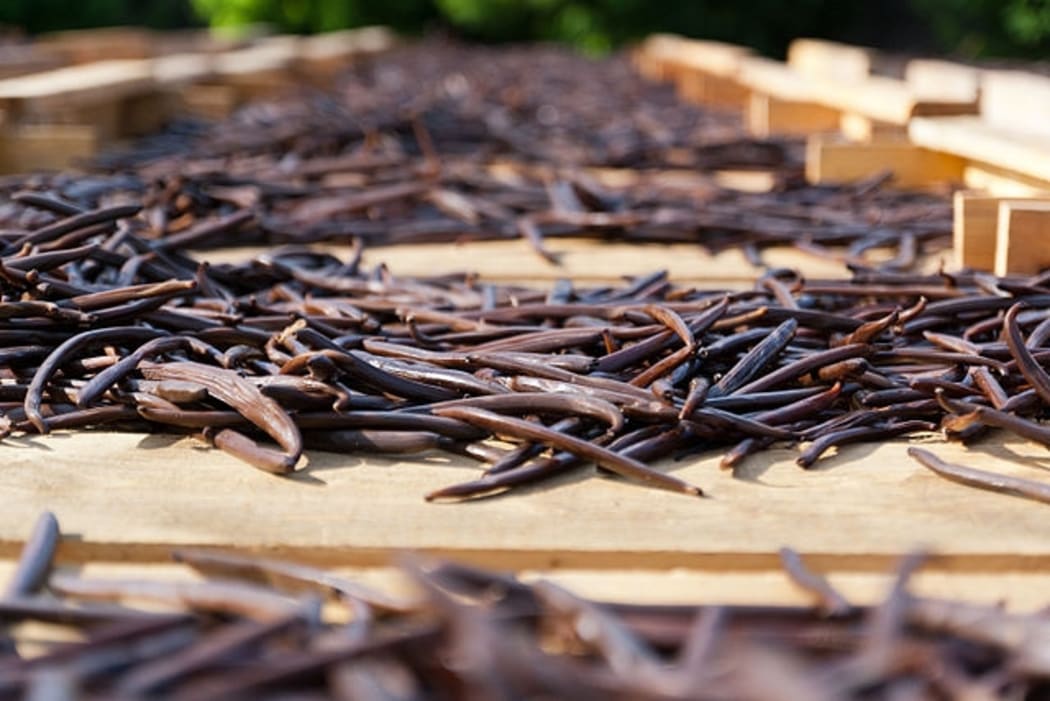This Way Up for Saturday 28 April 2018
This Way Up for Saturday 28 April 2018
Could menstrual cups end period poverty in New Zealand? A vanilla-fuelled crime wave in Madagascar, and how should the country regulate driverless vehicles?
Period poverty: could menstrual cups be the answer?
Menstruation can be a tricky topic to discuss.
For a start the language we use can be confusing and potentially harmful – 'sanitary products' imply the whole thing is dirty and needs to be cleaned up when in reality it's a natural process that many of us experience.
Olie Body from Wā Collective is trying to change the way we talk about periods.
She's worked with women in India trying to improve their access to menstrual products, and now wants to tackle period poverty in New Zealand using the menstrual cup, a simple device patented nearly 100 years ago which has never really taken off.
ADDITIONAL NOTE
New research about menstrual cups, and, in particular, the risk of toxic shock syndrome (TSS) was released after we conducted this interview.
A French study published in the journal 'Applied and Environmental Biology' suggests that the risk of TSS could actually be greater when you use a menstrual cup rather than a tampon.
That's because if it's not properly sterilised between uses, the harmful bacteria implicated in toxic shock seems to be better able to grow around and also adhere to a menstrual cup.
A few things to note about this new study: these tests were conducted in the lab under artificial conditions designed to replicate the human body, TSS can be deadly but is thankfully very rare and the risk is low, and nobody is saying that menstrual cups are inherently unsafe and you need to stop using them altogether.
But the study recommends sterilising a menstrual cup in boiling water between uses, and not just rinsing it between uses and sterilising it between periods. So to do this you are going to need to own two cups.
We asked Olie Body for her comments.
She replied "....We are aware of the study and have issued a reminder to our clients about proper hygiene and care for their menstrual cups. Our cups are made to the highest standard from medical grade silicone in the USA. There have only been two recorded cases of TSS associated with menstrual cup use globally, ever, and these were with people who did not follow recommended use. All intravaginal menstrual products come with a risk of TSS and this study is a reminder of how important hygiene is. It's really integral that studies like these are done so that consumers are kept safe. We look forward to further research in this space to provide more clarity."
A vanilla-fuelled crime wave in Madagascar
Soaring demand for real vanilla is threatening valuable habitats and fuelling a crime wave of thefts and killings in the island republic of Madagascar off the east coast of Africa.
Jonathan Watts, the global environment editor of The Guardian, visited Madagascar recently to see the problems for himself.
"Madagascar is the world's primary supplier of pods used to flavour ice cream, cakes and chocolate. Despite its notoriously bland reputation, a more-than-tenfold surge in the value of the spice over the past five years has aroused dangerous passions." Jonathan Watts in The Guardian
Bits+Bytes: How should NZ regulate driverless vehicles?
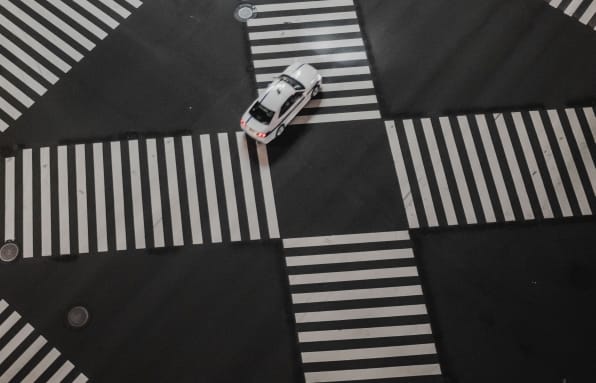
Photo: Photo by Redd Angelo on Unsplash
Are New Zealand road users – and laws – ready for driverless cars?
The question has major implications for not just road users - be they drivers, cyclists or pedestrians - but also for police, parking wardens, councils and the people planning and designing parking spaces, towns, cities and roads.
A new study funded by the Law Foundation, Realising the potential of driverless vehicles for New Zealand, has investigated the need for legal reforms to cope with driverless vehicles here.
"By almost universal consensus, driverless vehicles are coming and represent as big a disruption to the transport sector as the replacement of horses with the automobile over a hundred years ago," study author Michael Cameron said.
As part of his research, Mr Cameron went to the US, Europe, Singapore and Australia reviewing international laws and visiting some of the big players designing driverless cars.
"Every jurisdiction across the world is now at a crossroads. Does it prioritise regulatory reform to allow driverless vehicles onto its roads as they become available? Or would it be better to take a slow and steady approach, even if that delays the introduction of driverless vehicles with all their hoped-for benefits?" Michael Cameron
Last month an SUV operated by Uber and with a so-called safety driver on board hit and killed a pedestrian pushing a bicycle across a road in Arizona.
The police released dashcam and in-car camera footage of the incident.
A core aspect of the legal debate around autonomous vehicles was around liability, Mr Cameron said.
“How vehicles get onto the road in the first place is a very complicated issue and once they’re on there who is going to pay for the damage if something goes wrong?
“Also if there’s a criminal offence committed – which could be quite a minor one – it could be a speeding one or a parking offence or it could be something quite serious, then who is liable?"
In the US it was likely to come down to the law of tort, negligence, and product liability.
The concept of product liability was not as new as it sounded, he said.
“If someone makes a product and says this car can drive on the road safely and it doesn’t and it causes damage, that’s arguably negligence and the person can claim.
“I think the same would happen in New Zealand, at least for property damage - with personal injury ACC puts New Zealand in a special case - but for property damage that would be the case.”
